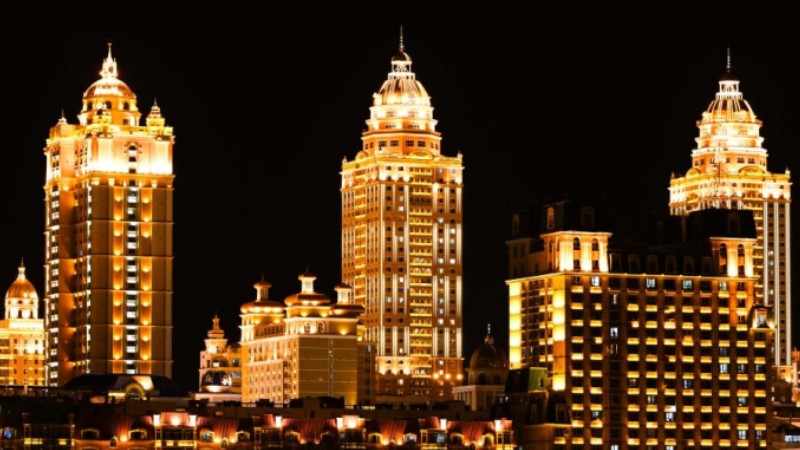Interview: Chinese gov't hears what people want when taking decisions, expert says
LONDON, March 17 (Xinhua) -- When setting new economic goals and envisioning a path to modernization for the country, the Chinese government hears what its people want and works on it, a British expert has said.
In a recent interview with Xinhua, Stephen Perry, chairman of Britain's 48 Group Club, said China's aim to create around 12 million urban jobs in 2023 laid out in this year's government work report impressed him very much.
"I think that is what is driving the Chinese economy, the need to provide jobs for the young people coming out of universities and other situations," Perry said.
"That means China is focused not just on what is to be the GDP growth for the year, not just in which sections it's going to come from, but what is the main point of it. And it is to keep their country employed and active," he added.
China also aims to keep its grain output over 650 million tons in 2023, according to the report. Perry said the figure has increased much over the past decades.
"China of the same space has transformed the yields in its agricultural area. And the main way it's done that is by moving the peasantry to better conditions and better jobs, enabling the fields to be enlarged, production to be enlarged, and mechanization to occur. It is the most profound change," he noted.
When asked about China's path to modernization, Perry told Xinhua that it came as another result of the government hearing what its people want.
"The government's responsibility is to lay out the visions to try and hear what the people want, and try and express it in a more coherent and planned way, and then to give that back to the people of China and say to them, this is what we hear," he said.
It rings true that the Communist Party of China is a people-focused party and is doing its work in the interests of the people, said the expert, noting that the party really want to look after the long-term interest and the short-term interest of the people of the country.
Perry's experience was telling. When in China, "I see people getting on with their lives and there are various aspects of their lives," he recalled. "But, generally speaking, people are wanting to have a better life and people are prepared to work for it. People want social stability and they're prepared to support what it takes to have social stability."
"So I think that the Communist Party of China does hear what the people want, and I think the government of China does hear what the people want," he added.
Trips to China have impressed Perry as infrastructure has been improved for people. With high-speed trains, for example, the country has witnessed an incredible transformation, he said. "To see they've got to get on a train in so many cities and you can go to another city is just amazing, in high speed, in good comfort, and with good food."
Though air travel takes passengers to their destinations as well, the train is much more enjoyable in some ways, he added. "You look out the window, you see the agriculture, you see the hills, the mountains, the people of China."
Perry told Xinhua that China's path to modernization was all about economy back in the 1990s, about getting to some level in quality, quantity, and price, but now it is also about "how you live with each other, how you relate to each other, what are the values of your society."
"It's about the right way for people to deal with each other, the right way to look after old people, the right way to look after young people, the right way to make sure people are not poor, the vulnerable are taken care of," he said, noting that these are the values of China for thousands of years.
In his experience with Chinese people, the British expert said, "they're comfortable with being good, with being caring, with being kind, and that's something we aspire to in our societies."
"Maybe in this area, we will have to learn from China as it goes into the second half of this century, about how they have managed to organize their society so that they are productive, supportive, and provide opportunity," he noted.
Photos
Related Stories
- COVID-19 boosts Chinese citizens' trust in their government: survey
- China to increase support for poor regions as gov't agencies continue frugality
- China a pragmatic doer fueling the economy: Nobel Prize laureate
- Chinese premier vows further efforts for clean governance
- 1.39 million Chinese receive legal assistance
Copyright © 2023 People's Daily Online. All Rights Reserved.









